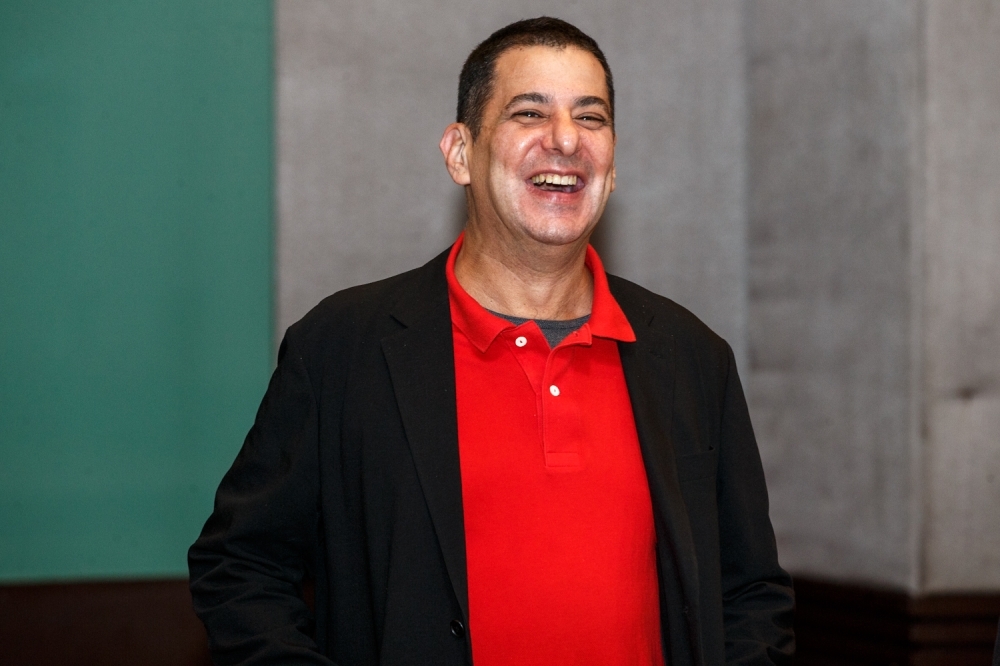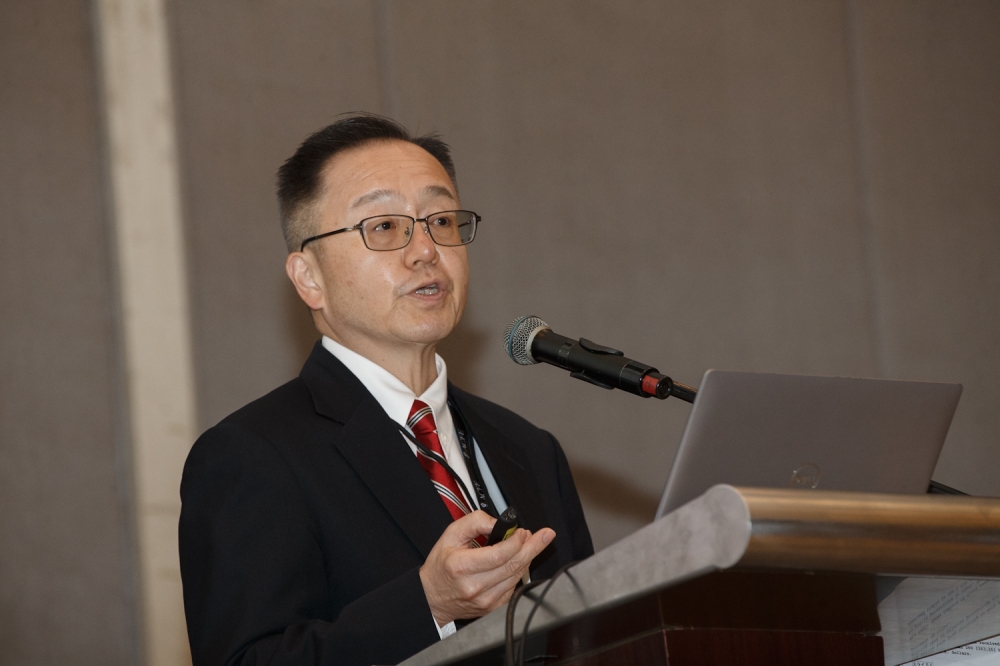
‘Tokyo Vice’ author: Why Malaysia is a ‘bad place’ for yakuza business, but not Singapore

Investigative journalist Jake Adelstein said Malaysia is not a country conducive to the Japanese mafia or ‘yakuza’ criminal activities. — Picture by Raymond Manuel
Saturday, 06 Sep 2025 7:00 AM MYT
KUALA LUMPUR, Sept 6 — Malaysia’s tough stance on crime makes it unattractive for organised crime syndicates, said acclaimed American investigative journalist and Tokyo Vice author Jake Adelstein to suggest why Japan’s yakuza were not known to operate here.
Adelstein began his career in Japan in 1993 as the first non-Japanese staff writer at the Yomiuri Shimbun, where he covered crime and the yakuza for 12 years.
He gained prominence for exposing the nexus between organised crime and law enforcement, including a notable exposé on a yakuza boss’s deal with the US Federal Bureau of Investigation (FBI).
Speaking to Malay Mail, Adelstein called Malaysia a “wonderful example of how to keep organised crime and corruption out of a country.”
“I’ve been reporting on crime for a very long time and I have never heard anyone from the FBI or NPA (Japan’s National Police Agency) talk about Malaysia being a source of organised crime or a place the yakuza would set up business,” he said when met after his talk here at the Association of Certified Fraud Examiners’s (ACFE) 2025 ACFE Fraud Conference Asia-Pacific.
Malaysia has strict laws against criminal gangs, with punishments including a maximum 20-year prison term for being a member of organised criminal groups. It also criminalises recruiting members, assisting or protecting gang members, and taking money or benefits linked to gang activity.
He contrasted this with Laos and Cambodia, which he described as “ripe for organised crime” corruption, as a result of factors such as historical instability and low pay for civil servants.
During his talk, Adelstein spoke of how the yakuza in Japan were increasingly turning to the once-taboo crime of fraud since extortion became more difficult following new Japanese laws that make it a crime to pay off the yakuza — including paying protection money or hiring their services.
“And surprisingly, weirdly enough, Singapore is also a place where many organised crime companies set up business from Japan,” he added, while reiterating that Malaysia is a “bad place for business” for the yakuza.
“They set up shop in Cambodia, Laos, maybe Singapore, but not Malaysia.”

Shigeru Yotoriyama, who retired as senior commissioner of Japan’s National Police Agency in 2021 after 35 years of service, said scam call centres have been moving from Japan to South-east Asia — Picture by Raymond Manuel
Why Malaysia is not a major hotspot for scams targeting Japanese
At the same conference, retired senior Japanese police officer Shigeru Yotoriyama explained that fraud rings targeting Japanese victims have been shifting to South-east Asia, believing they can avoid arrest through bribery and lax enforcement of identity verification when buying SIM cards.
Yotoriyama, formerly a director of a Japanese police division investigating scams, confirmed that while scam call centres have been found in several Asean countries, arrests of Japanese citizens for such activities in Malaysia have been relatively infrequent.
He cited several factors that make a country a “hot point” for these groups, such as levels of corruption and the presence of the Japanese diaspora, especially former yakuza.
“The Philippines and Cambodia are the hottest points, because in the Philippines there are so many Japanese residents, they can easily find assistance, find real estate or any other services,” he told Malay Mail, stressing that a high degree of corruption is a key enabler.
In contrast, he said Malaysia has a relatively smaller Japanese population and, correspondingly, fewer Japanese-specific service providers, making it a less convenient base of operations.
Yotoriyama also discussed the presence of tokuryū — loosely organised Japanese crime groups that often work with the yakuza.
Some examples include Philippines-based fraud ring “Luffy,” which targeted victims in Japan and used another syndicate, “JP Dragon” — founded by a former yakuza member — to smuggle cash from Japan to the Philippines.
When commenting on the tokuryū, Adelstein said that they could still pose a risk to Malaysia: “They might be willing to set up here, because if they can get away with it, they will go anywhere.”
Masterminds could be from Japan or China
Yotoriyama said that fraud rings found in Malaysia targeting Japanese victims could be masterminded by Japanese or Chinese citizens.
He pointed out that with advanced translation apps, it is now possible for non-Japanese scammers to impersonate Japanese individuals convincingly, a change from the past when they needed native speakers to correct unnatural-sounding text.
Malaysian police had reportedly arrested Japanese suspects of scam call centres operating here: seven in November 2023 and 13 in May this year.
The ex-police official suggested that this could explain a case in August last year where Malaysian police arrested 21 non-Japanese suspects in a scam group targeting Japanese victims.
***
Mat Salleh cakap ayam
No comments:
Post a Comment